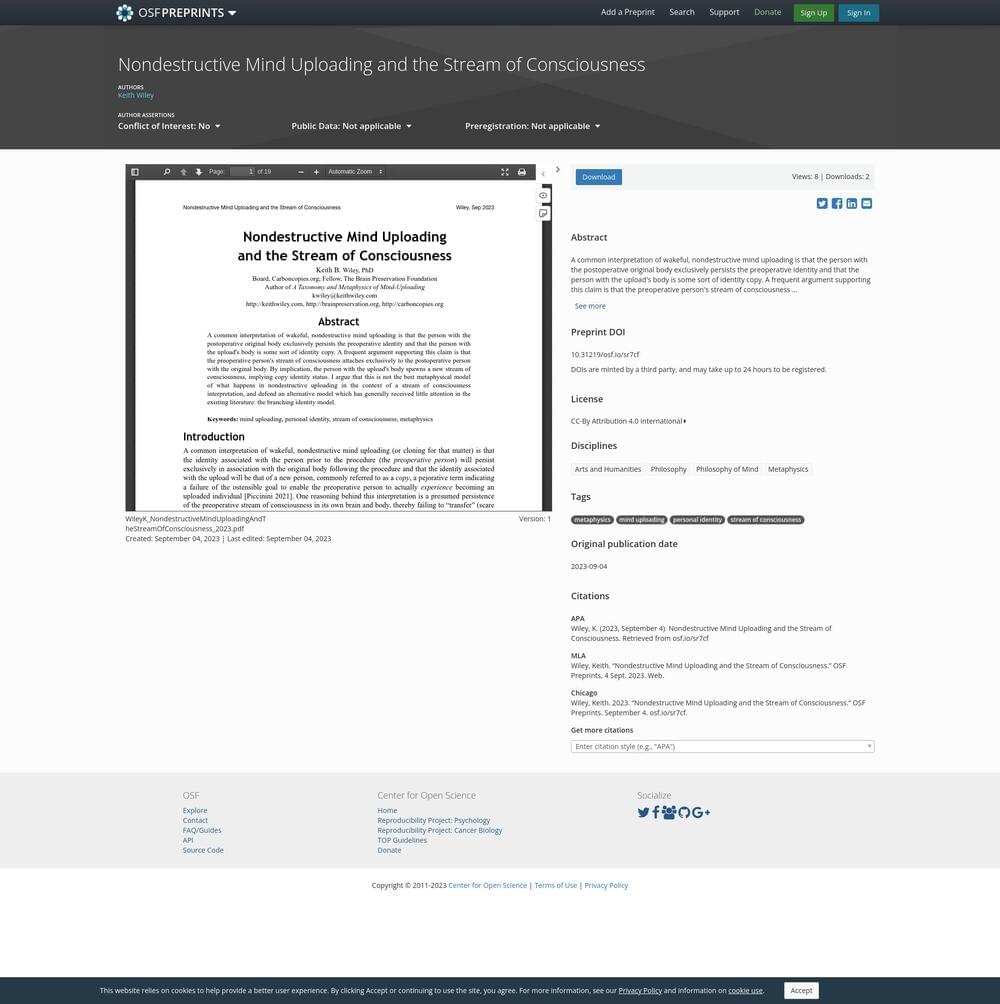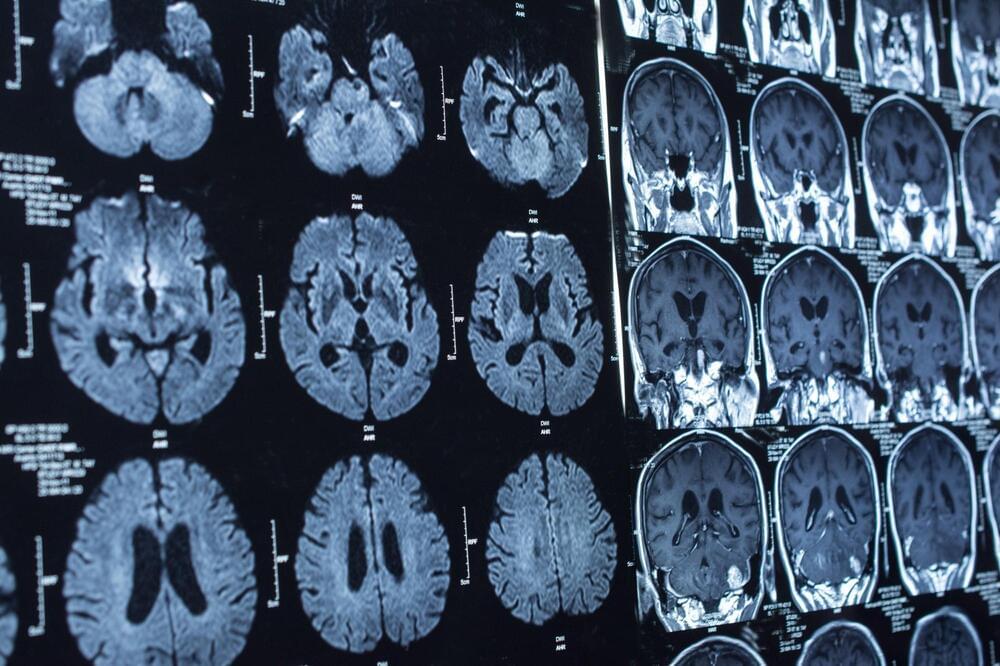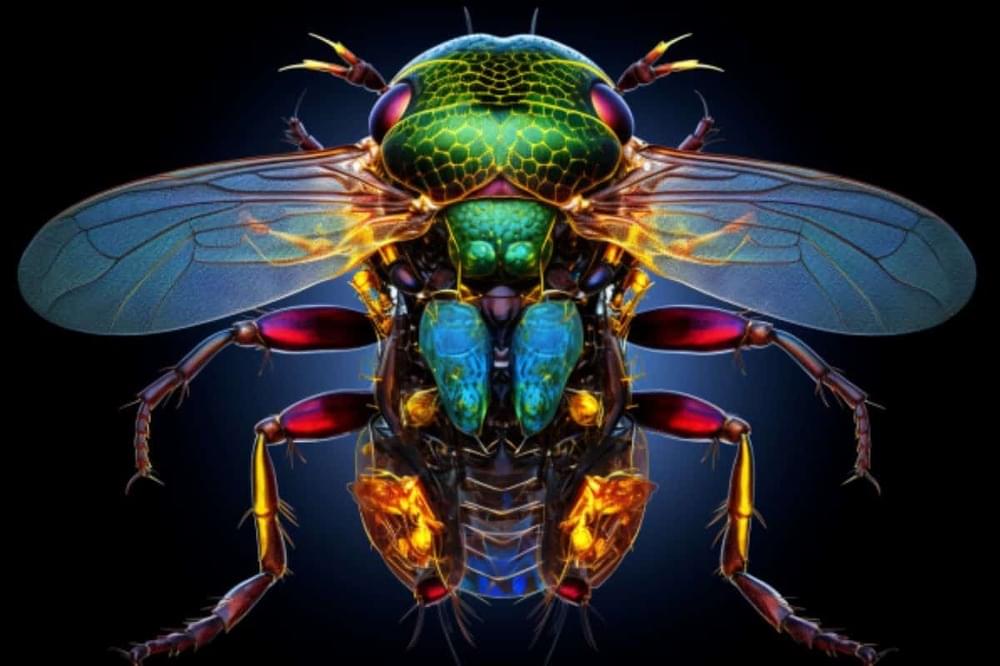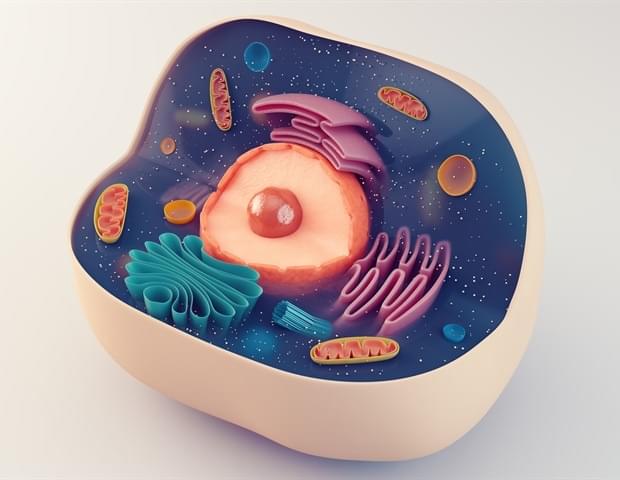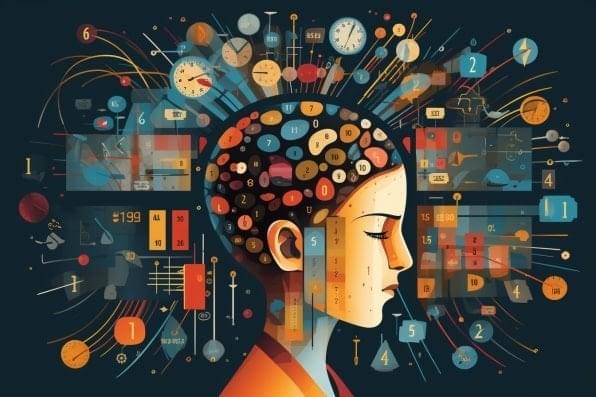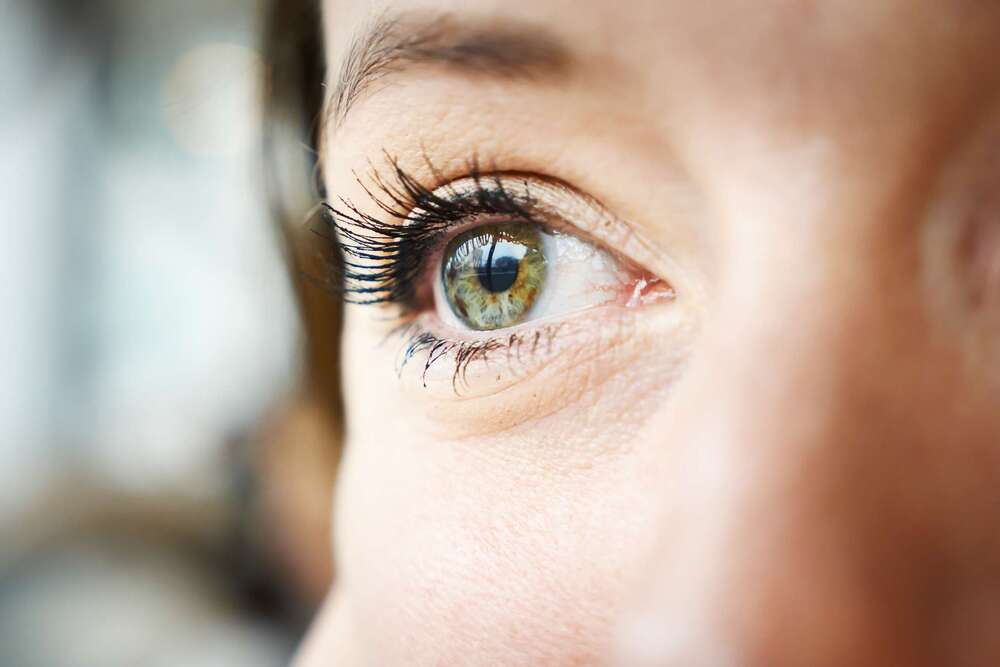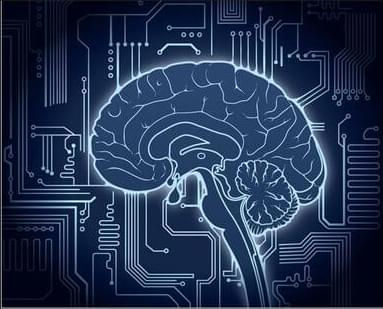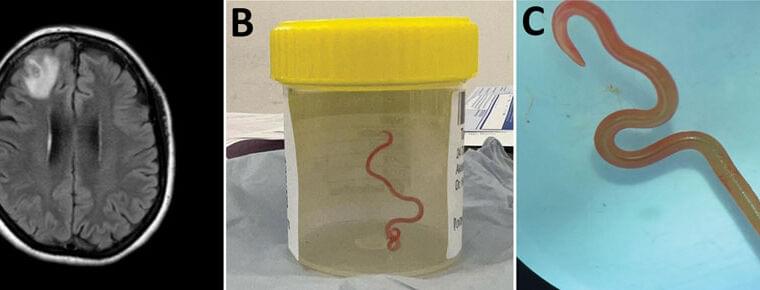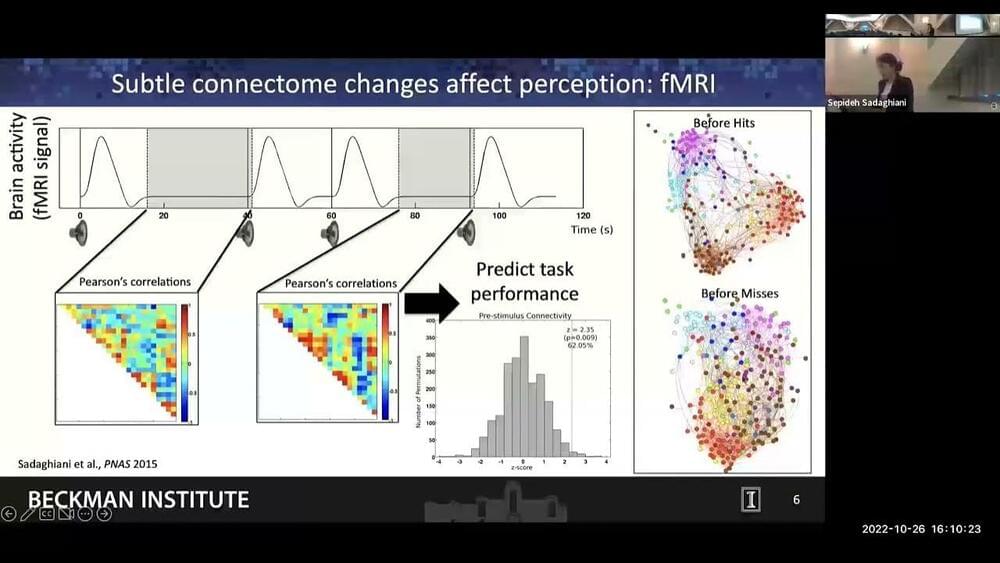Sep 4, 2023
Nondestructive Mind Uploading and the Stream of Consciousness
Posted by Keith Wiley in category: neuroscience
I’ve released my latest paper. Enjoy:
Abstract.
A common interpretation of wakeful, nondestructive mind uploading is that the person with the postoperative original body exclusively persists the preoperative identity and that the person with the upload’s body is some sort of identity copy. A frequent argument supporting this claim is that the preoperative person’s stream of consciousness attaches exclusively to the postoperative person with the original body. By implication, the person with the upload’s body spawns a new stream of consciousness, implying copy identity status. I argue that this is not the best metaphysical model of what happens in nondestructive uploading in the context of a stream of consciousness interpretation, and defend an alternative model which has generally received little attention in the existing literature: the branching identity model.
